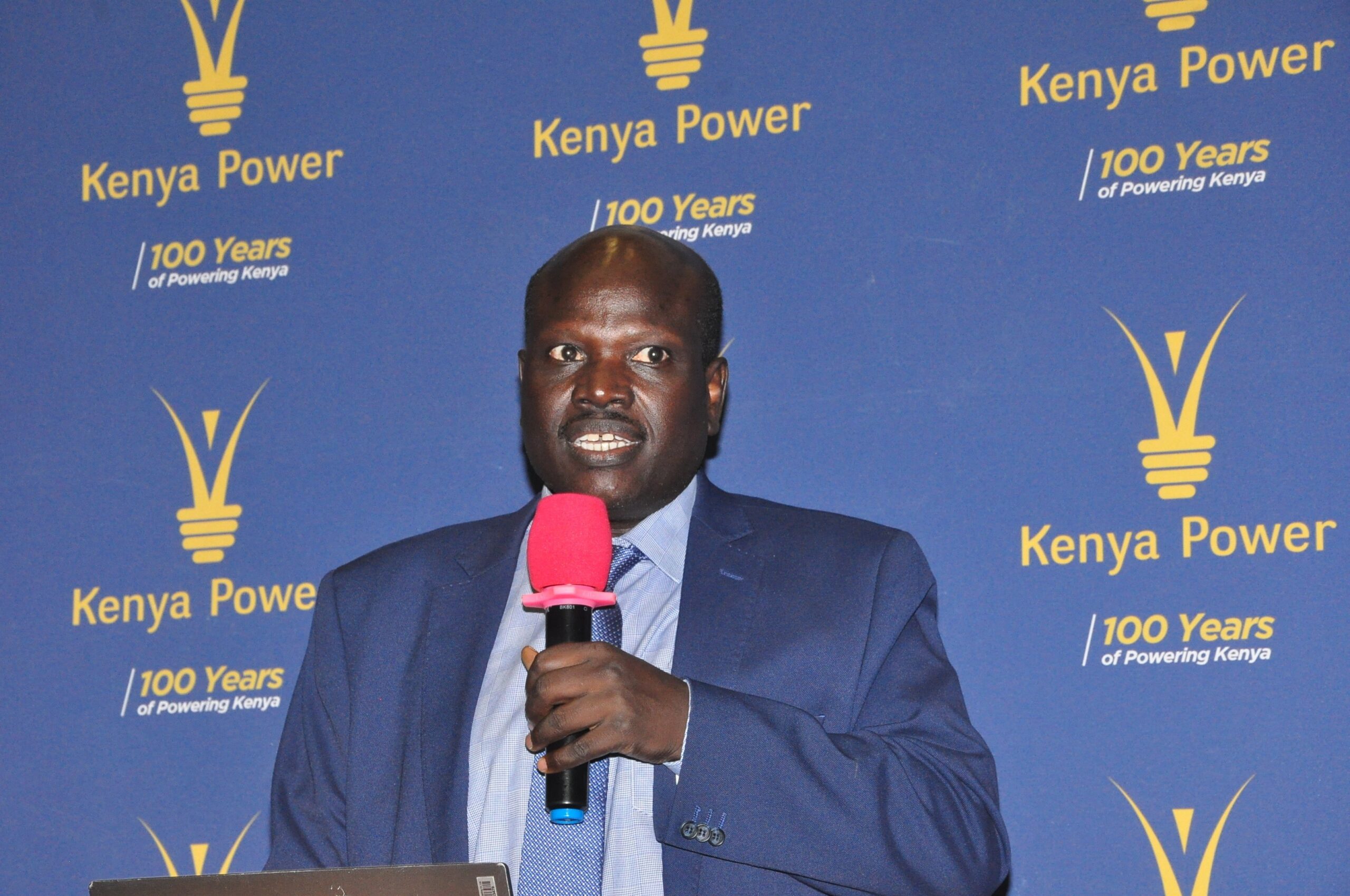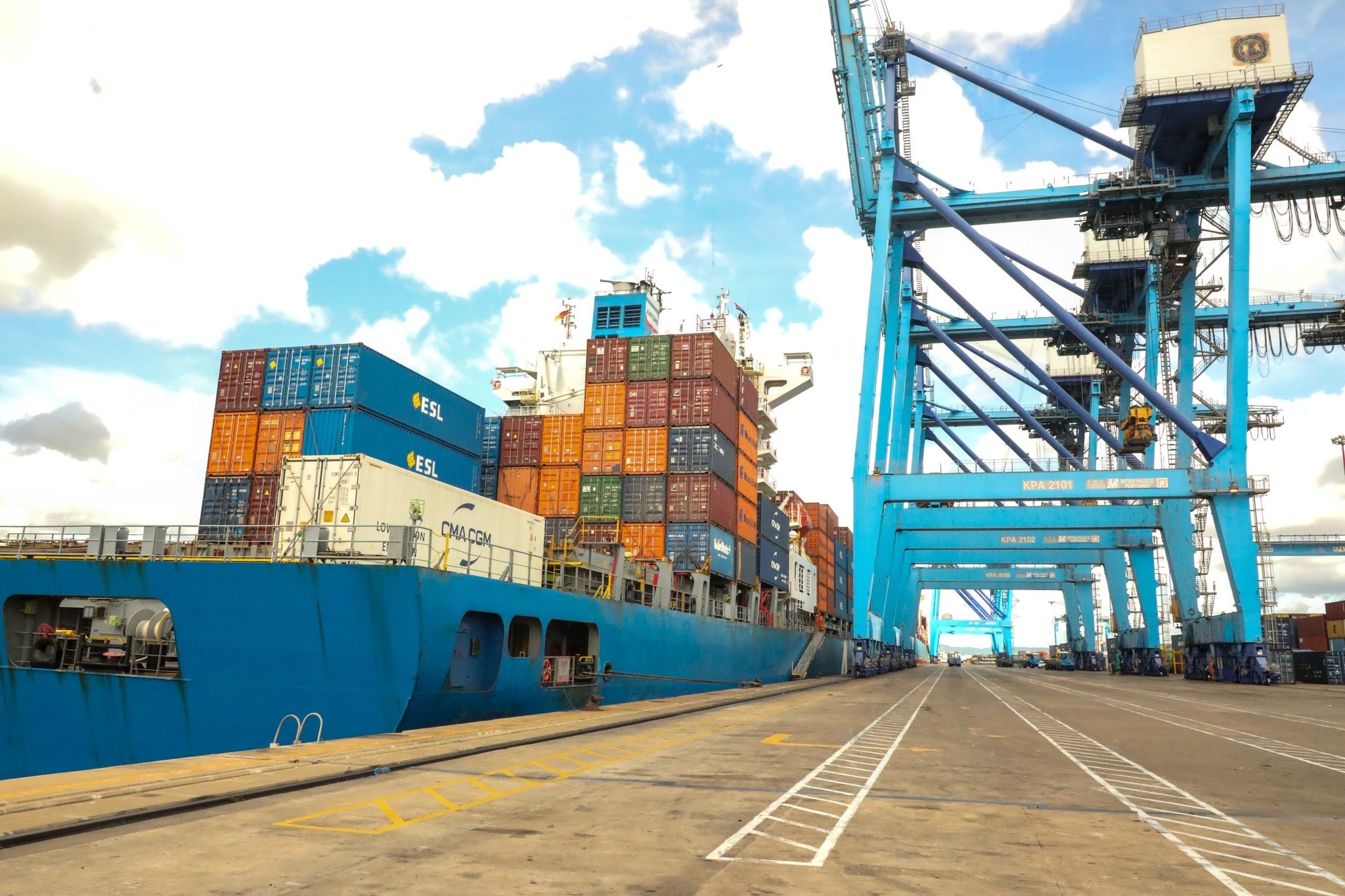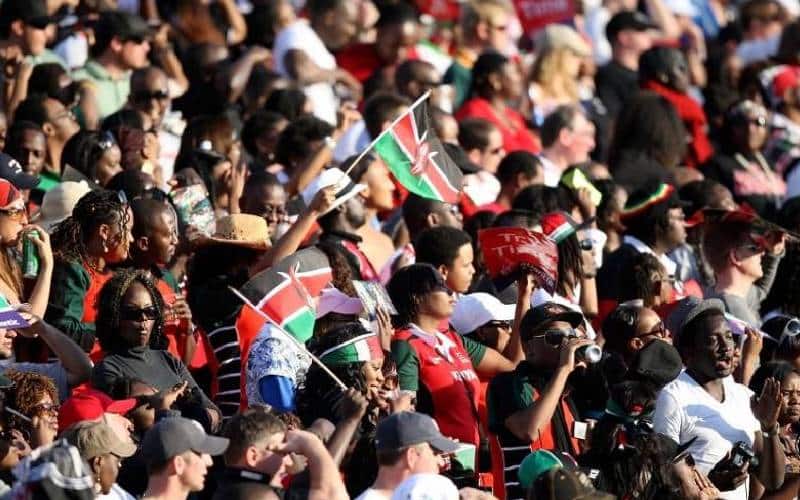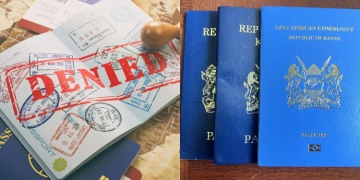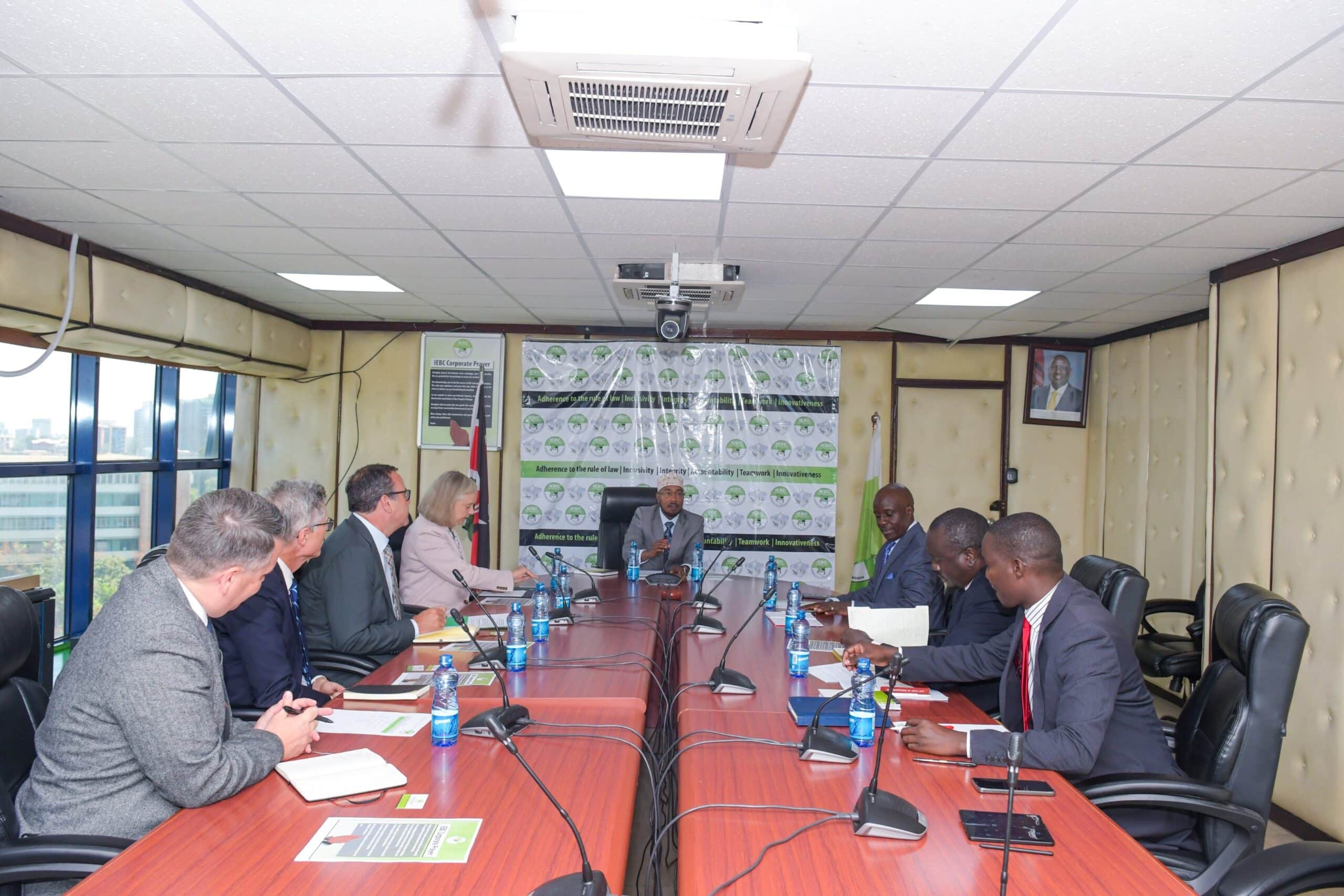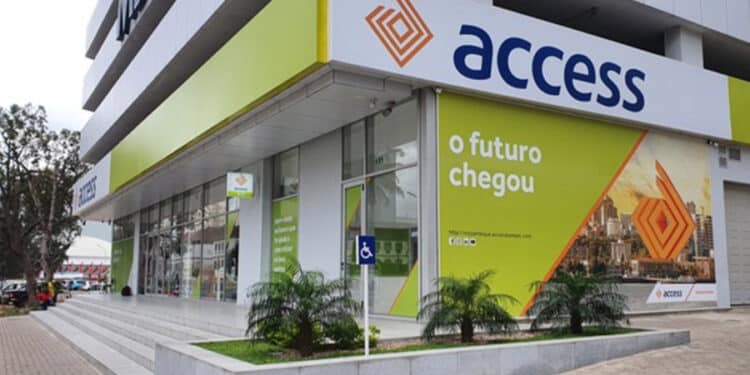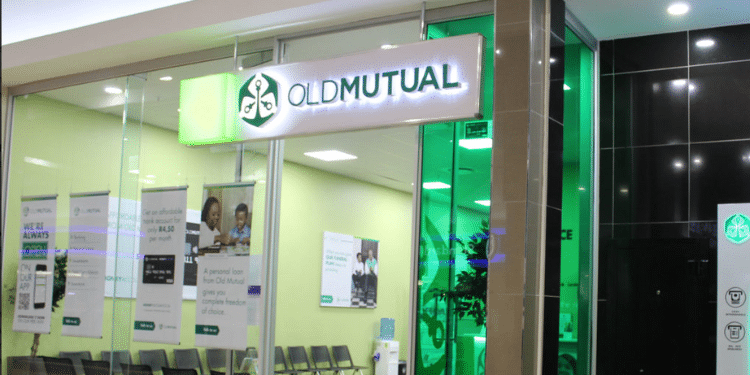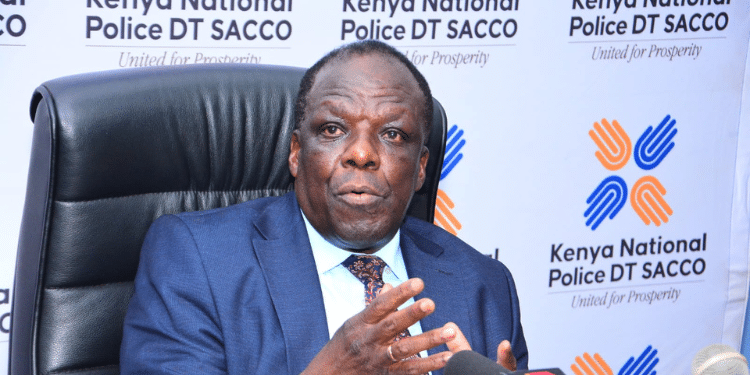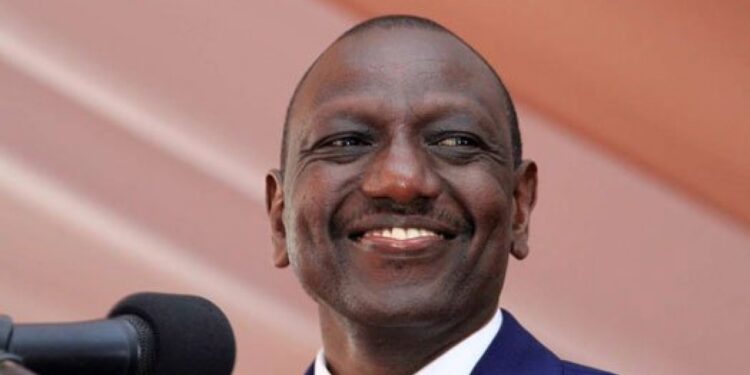National Assembly Finance Chair Kimani Kuria has told off Kenyans opposing the proposed Motor Vehicle Tax contained in the Finance Bill 2024 – detailing how the country will benefit from the extra levy.
In a media interview, Kuria said the tax will encourage investment in public transport and minimize the use of private cars.
“The long-run impact of this will be to encourage investment in elaborate public transport. If you go to economies that are slightly ahead of us there is efficient and elaborate public transport,” he said.
Kuria said the tax is a hybrid between an income tax and wealth tax and the government will try to factor in a user pay tax like a levy.

He went ahead to advise private cars opposed to the proposed tax to avoid using the vehicles and embrace public transport.
“If you don’t want to pay the motor vehicle circulation tax then don’t use the car. I don’t want to use the express way, then don’t pay for it and use other means.”
How Private Cars Affect Public Transport
Besides, he revealed that investors are shying away from investing in public transport since majority of Kenyans prefer driving their own private cars.
“Every time there has been an attempt where we have had huge investors trying to invest in our public transport through private public partnership (PPP), feasibility studies have shown that we like to drive our private vehicles so much that we are not able to attract foreign investments on our public transport,” Kuria said.
He explained that Kenyans drive their private since the government has failed to invest on public transport.
Also Read: Finance Bill: Bread Prices Set to Increase as Beer Lovers Enjoy Lower Prices
According to Kuria, the proposed tax will attract investments in public transport through PPP.
He recalled a previous incident when investors withdrew from plans to have a quick lane along Thika Road because many Kenyans preferred private cars.
“Why wouldn’t we have rail transport in Nairobi, if I am commuting from Westlands or Kikuyu to here why do I feel the need to drive a car? It is because we don’t have elaborate public transport,” he said.
“In the next few months, you will see a huge PPP investment on public transport.”
Motor Vehicle Tax
The Finance Bill 2024 has proposed the introduction of a Motor Vehicle Tax, with a rate of 2.5 per cent of the vehicle’s value.
According to the Act, the minimum tax payable to the Commissioner on each vehicle at the time of the issuance of insurance cover will be Ksh5,000 with a maximum amount of Ksh100,000.
The tax shall be payable to the Commissioner on each motor vehicle at the time of the issuance of insurance cover.
Motor vehicle tax shall be payable based on the value of the motor vehicle, at the rate specified in the Third Schedule.
Also Read: List of Tax Exemptions NGO’s Will Enjoy in New Law
The value of a motor vehicle shall be determined on the basis of the make, model, engine capacity and year of manufacture of the motor vehicle.
An insurer of a motor vehicle shall collect and remit motor vehicle tax within five working days after issuing a motor vehicle insurance cover.
If an insurer fails to collect and remit motor vehicle tax, he/she will pay a penalty equivalent to fifty per cent of the uncollected tax, and the actual amount of the uncollected tax.
Follow our WhatsApp Channel for real-time news updates:
https://whatsapp.com/channel/0029VaB3k54HltYFiQ1f2i2C




